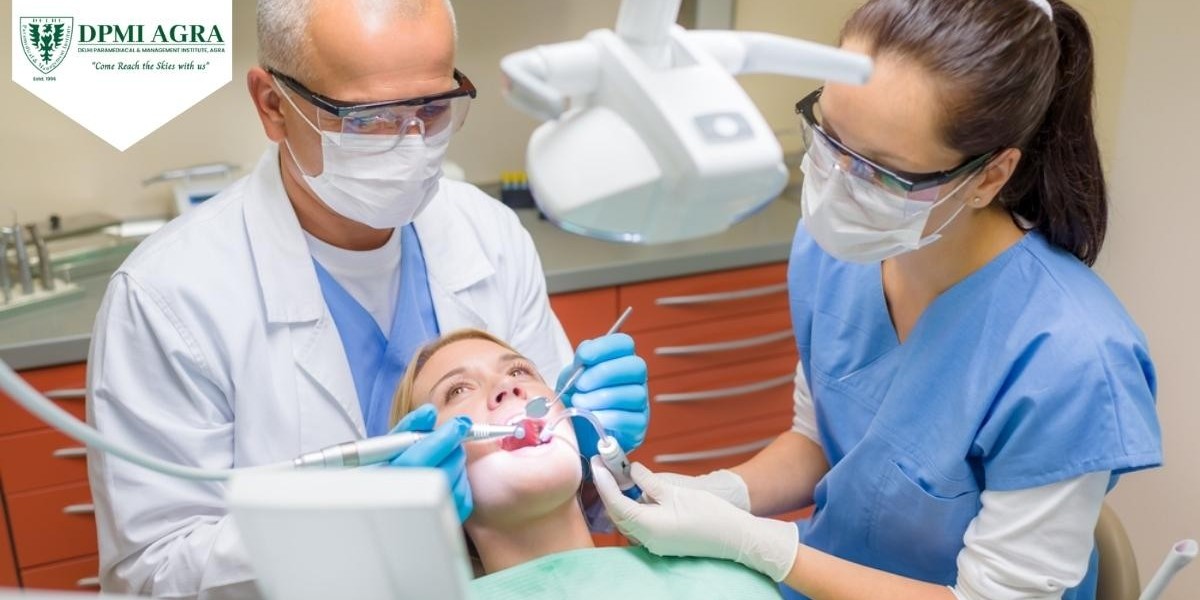Achieving sobriety is a significant accomplishment, but sustaining it over the long term presents its own set of challenges. Rehab centers in Houston play a crucial role in not only helping individuals overcome addiction but also empowering them to maintain their sobriety for life. Through a comprehensive approach that integrates medical rehab centers houston tx, psychological support, and personal development, these centers equip patients with the tools and strategies needed for lifelong recovery.
At the heart of Houston’s rehab centers is a commitment to personalized treatment plans that address each patient's unique needs. Recognizing that addiction affects individuals differently, these centers tailor their programs to provide targeted support. From initial detoxification to intensive therapy, every stage of treatment is designed to prepare patients for the realities of life after rehab. This individualized approach ensures that patients receive the specific care they need to overcome their particular challenges and build a strong foundation for lasting sobriety.
A key component of empowering patients is the focus on building coping skills and resilience. Rehab centers in Houston offer various therapies and activities that help patients develop practical strategies for managing cravings, dealing with stress, and navigating difficult situations. Through cognitive-behavioral therapy, mindfulness practices, and relapse prevention techniques, patients learn how to recognize triggers and respond to them in healthy ways. These skills are crucial for maintaining sobriety in everyday life and preventing relapse.
Another vital aspect of lifelong sobriety is the emphasis on creating a strong support network. Rehab centers often encourage patients to connect with support groups, both during and after their treatment. These groups provide a sense of community and accountability, allowing individuals to share their experiences, seek advice, and gain encouragement from others who understand their journey. In Houston, support groups such as Alcoholics Anonymous and Narcotics Anonymous offer ongoing support that reinforces the lessons learned in rehab and helps individuals stay committed to their sobriety goals.
Rehab centers in Houston also place a strong emphasis on aftercare planning. Aftercare programs are designed to provide continued support once the initial treatment has ended. This might include outpatient therapy, continued counseling, and regular follow-up appointments with healthcare providers. By offering a structured aftercare plan, rehab centers help individuals transition back into their daily lives with a clear plan for maintaining their sobriety and addressing any ongoing challenges.
Education and personal development are integral to the recovery process at Houston’s rehab centers. Patients are encouraged to set personal goals, pursue new interests, and engage in activities that promote a healthy lifestyle. By focusing on personal growth and self-improvement, individuals gain a sense of purpose and motivation that supports their recovery efforts. Educational workshops and life skills training also equip patients with practical knowledge that enhances their ability to manage everyday responsibilities and build a fulfilling life in sobriety.
Family involvement is another critical element of empowering patients for lifelong sobriety. Many rehab centers in Houston offer family therapy and support services that help family members understand addiction and develop strategies to support their loved one’s recovery.








